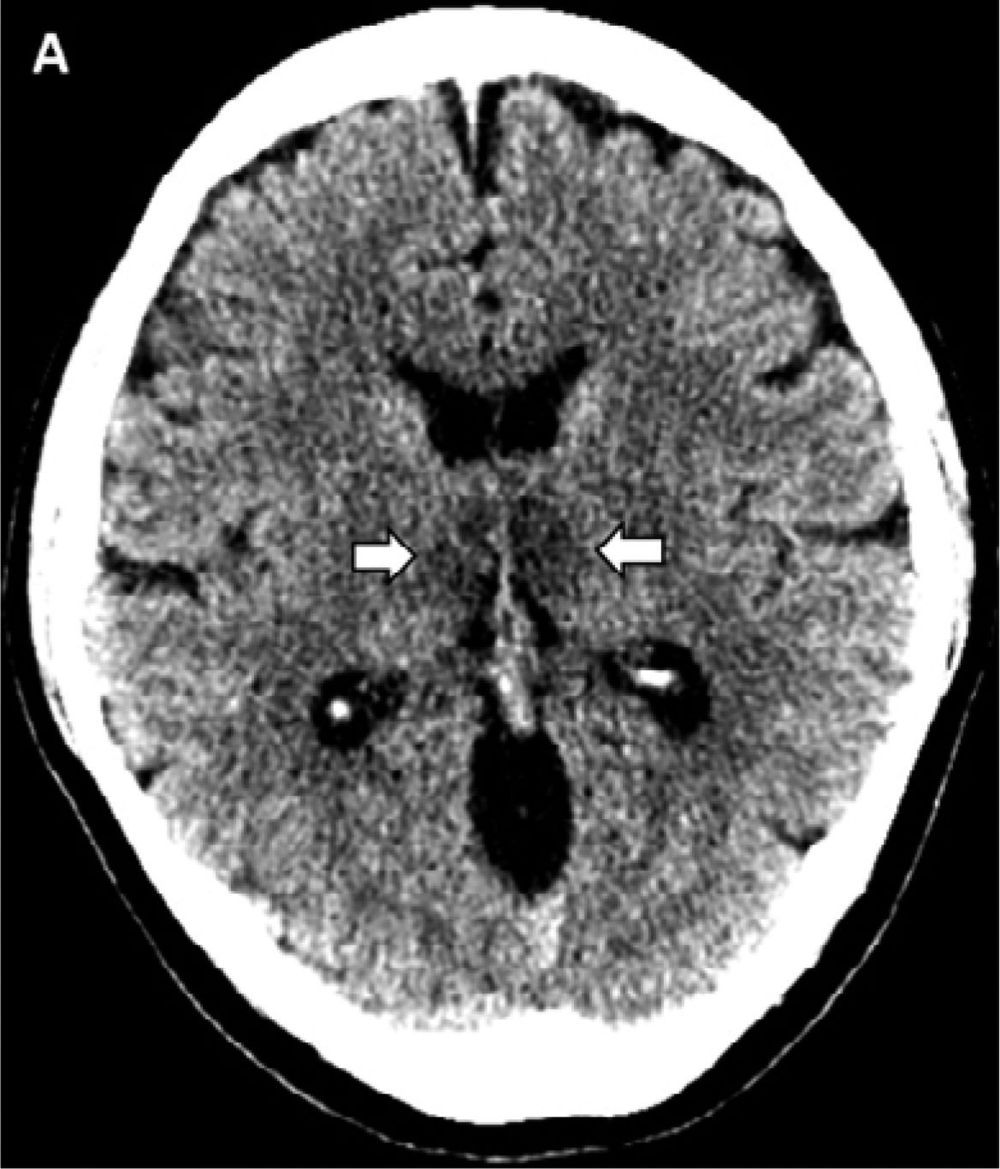Panama is taking a new — if somewhat unorthodox — measure to combat the spread of the novel coronavirus: separation of the sexes.
Starting on Wednesday, only women will be able to leave their homes to buy necessities on Monday, Wednesday and Friday.
Men in Panama will be allowed to venture outside to run errands on Tuesday, Thursday and Saturday.









